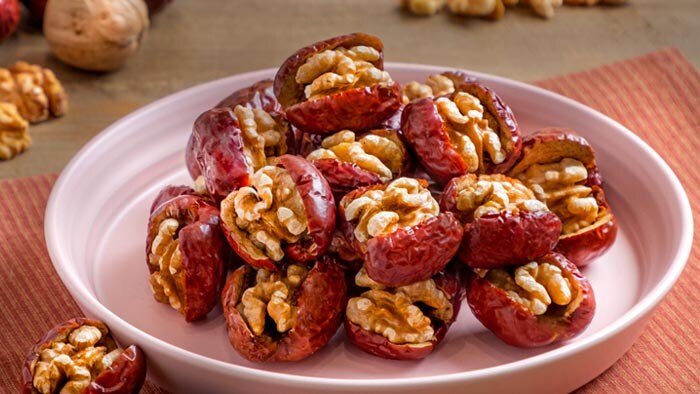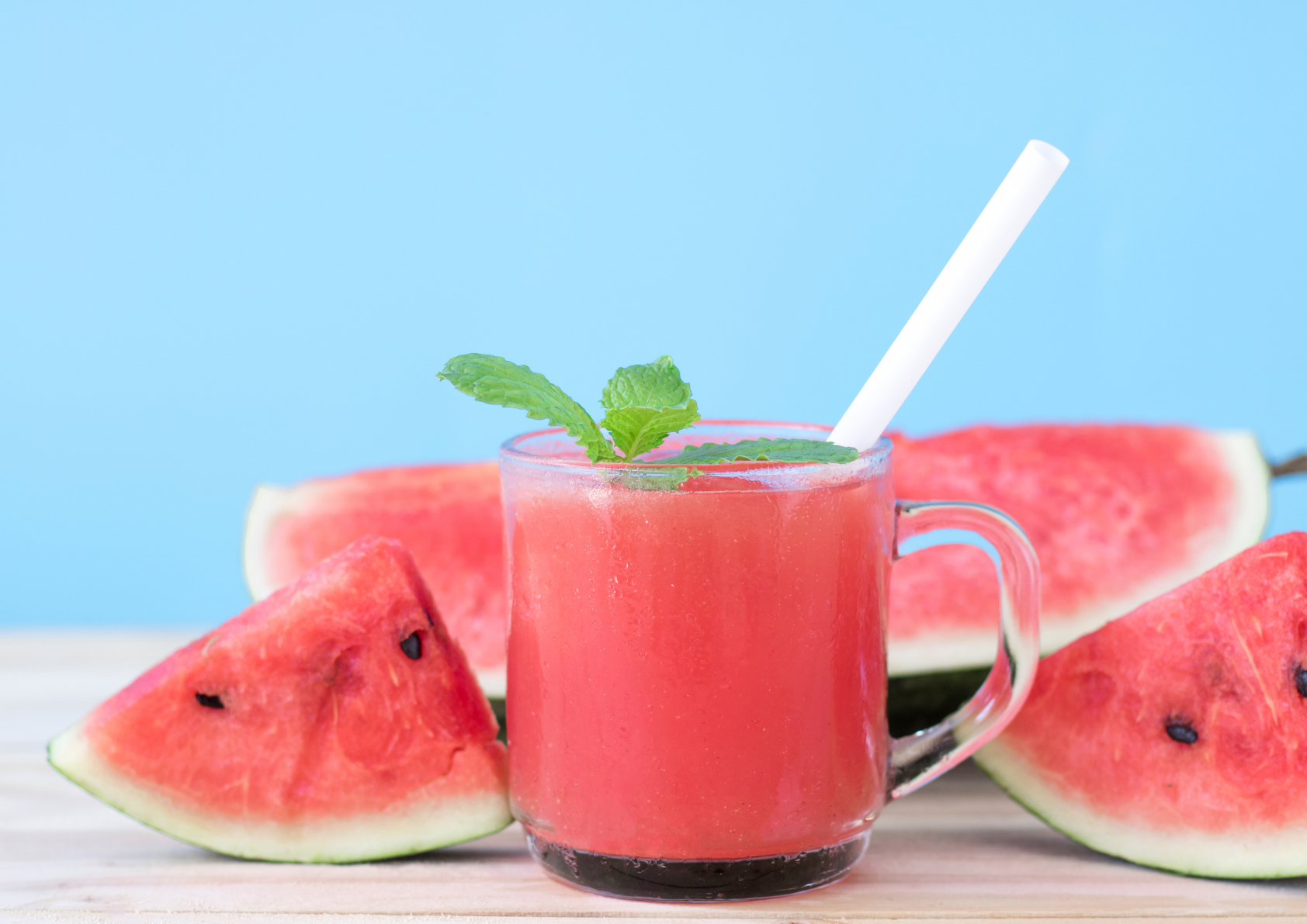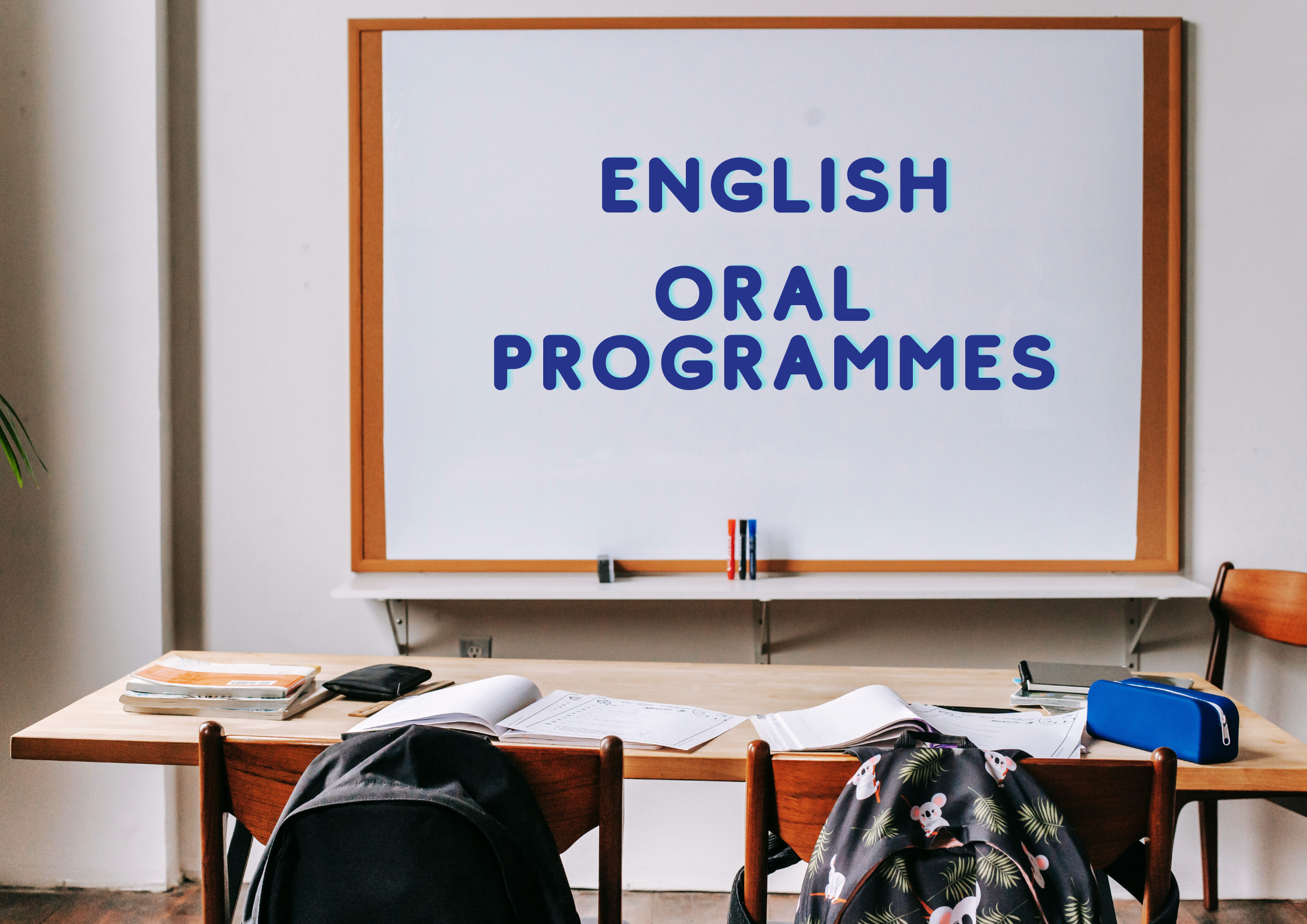- January 8, 2025
- 785
- Hot Tips , Skoop Nuggets
- 0 comment
Here’s what a child dietitian and nutritionist wants you to know.
As parents, we’re always looking for ways to support our child in their studies and learning, whether it is through assessment books, past-year papers, or tuition. But there’s one important area that’s often overlooked, yet it can make a real difference in your child’s learning journey – Nutrition.
What and when your child eat can significantly affect their focus, energy, and ability to manage stress. And while “brain foods” sound tempting, it’s the daily habits that count the most.
To help you navigate this, we’ve invited child dietitian and nutritionist Karlien Duvenage to share practical advice on how everyday nutrition can support your child’s development and learning.
With over 20 years of experience working with families and children across diverse dietary needs and nutrition concerns, Karlien has seen how small, practical changes in eating habits can reduce stress and improve focus, even during the most demanding weeks.
In this guide, written by Karlien, she offers straightforward tips and advice to support your child’s nutrition during study time and exams. Whether you’re managing meals directly or your caregiver is involved, these ideas are accessible to anyone.

1. Start with the ‘When’: Regular Meals and Snacks
Before thinking about what your child is eating, think about when.
Regular meals support better focus and learning, especially for primary school children with smaller energy reserves. Many children do well with a meal or snack every 3–4 hours (and school breaks typically honour that!), but adjusting based on their schedule, appetite, age, and activity level is okay. This steady fuel supply helps with attention, memory, and mood regulation.
What if they’re not hungry?
Some children may eat less during stressful periods—that’s okay. Continue to offer regular opportunities to eat without pressure, and try familiar, easy-to-manage foods that feel safe.
Quick breakfast ideas:
• Smoothie made with acai, oats, milk/yoghurt, chia seeds and nut butter.
• Cereal (or granola) bar + blueberries + carton of regular or soy milk
• Chee Cheong Fun + shrimp, pork, tofu or egg (give an apple to go)
• Overnight oats (soak oats in milk) with chopped banana, peanut butter and a sprinkle of Milo powder.
• Steamed buns (bao) with red bean paste or pork filling and a mandarin orange.
• Steamed rice with egg or tofu (add a broth if it helps them eat it) in a small thermos.

2. Create balanced, brain-boosting meals
Once a regular eating rhythm is established, the next step is to create meals that keep your child fuller for longer and help stabilise blood sugar, which supports energy, mood, and concentration.
A balanced meal includes:
• carbohydrate,
• protein,
• fats
• fruit or vegetable
This combination helps prevent energy crashes and supports more consistent focus throughout the day.

Example of balanced meals
• Rice with stir-fried tofu and bok choy
• Wholewheat wrap (or taco), chicken strips, avocado, cucumber and bell peppers (make your own wrap or taco)
• Nasi lemak (with cucumber, boiled egg, and ikan bilis)
• Fish soup bee hoon
• Hainanese chicken rice with extra vegetables.
• Chapati with dhal
• Pasta with Bolognese (made with extra veggies).
• Selection of fish and vegetable sushi.
Snack ideas:
• Yoghurt with banana and mixed nuts (blend and serve as a frozen popsicle)
• Wholegrain crackers, cheese and grapes
• Roasted edamame beans or chickpeas (home-made or commercial) + with chocolate-flavoured milk (regular or soy milk) (fruit optional)
• Peanut butter sandwich (or pancake) + fruit, e.g. strawberries
• Weetabix and milk
• Walnut stuffed red dates
Remember to pair snacks with a drink, even just a small glass or bottle of water. Fluids support focus and help meals feel more satisfying.

3. The Truth About “Miracle” Brain Foods
It’s tempting to believe there’s a magic food that can instantly improve focus or calm pre-exam nerves. But the truth is, there’s no single “brain food miracle.”
That said, specific nutrients, when eaten regularly, can support memory, concentration, and emotional regulation. And just as importantly, nutrient deficiencies can negatively impact mood, energy, and attention.
Take iron, for example. Iron deficiency is relatively common in children, especially during rapid growth. Inadequate intake over time can lead to anaemia, which may cause fatigue, poor concentration, and, in severe or prolonged cases, developmental delays. A blood test is the only reliable way to confirm iron deficiency; your child’s doctor can guide you through what’s needed based on symptoms or risk factors.
Key Nutrients That Support Brain Development & Focus
1. Choline – Supports brain cell development and neurotransmitter function
Sources: Eggs, lean meats, fish, dairy, legumes
2. Folate – Essential for DNA synthesis and neural development
Sources: Leafy greens, citrus fruits, beans, fortified cereals
3. Iron – Crucial for oxygen transport and cognitive function
Sources: Red meat, poultry, fish, lentils, beans, iron-fortified cereals
Note: Iron from animal sources (heme iron) is more easily absorbed than plant-based iron (non-heme iron). Pair non-heme with foods rich in vitamin C (e.g., oranges, bell peppers, or strawberries) to improve absorption from plant sources.
4. Omega-3 Fatty Acids (DHA & EPA) – Important for brain structure and communication
Sources: Fatty fish (salmon, sardines), flaxseeds, chia seeds, walnuts
5. Zinc – Supports brain signalling and learning processes
Sources: Meat, shellfish, legumes, nuts, seeds, and whole grains like oats
6. Flavonoid-Rich Foods – e.g. berries, acai, jujube, goji berries and citrus
Some studies suggest that flavonoid-rich foods, especially blueberries, may offer short-term benefits for children’s memory and attention. While more research is needed, regularly offering a variety of fruits and vegetables is an easy way to support your child’s brain health and overall well-being.
In many households, traditional supplements such as chicken essence are offered during exam season. While there is mixed evidence that it directly enhances academic performance, it may provide a comforting routine and a sense of care, which can be beneficial.
4. Nourishment for Calm: How Food Can Support Regulation
While no single food can eliminate stress, what and how children eat can gently support emotional regulation, especially when combined with movement and sensory strategies. Specific nutrients that gently support the nervous system and stress response:
• Magnesium is found, for example, in almonds, peanuts, cocoa powder, edamame beans, avocado pear, tofu, and yoghurt.
• Vitamin C is found in vegetables like bell peppers and most fruits like oranges and strawberries.
• Tryptophan is an amino acid found in soy, seeds, oats, and animal protein (egg, chicken, fish, meat). It contributes to the production of serotonin, but its calming effect depends on the overall diet and is more gradual than immediate.
Beyond nutrients, the sensory experience of eating can be soothing. Chewing activates receptors in the jaw that send calming signals to the brain, helping some children feel more grounded and focused. Drinking through a straw can provide calming oral input for some children.
Tip: Offer chewy or crunchy snacks such as apple slices, edamame, seaweed crisps, mini rice cakes, trail mix, or raw carrot sticks—foods that stimulate the jaw can help regulate sensory input. Provide fluids through a straw cup or bottle.
5. Don’t Forget About Vitamin Joy
‘Vitamin Joy’ isn’t a nutrient — it’s a reminder that food also offers emotional nourishment, connection, and comfort, especially during stressful times like exam season.”
Children thrive on play, creativity, and connection — even when the pressure is on. During exam season, everything can start to feel serious and high-pressure. That’s where food comes in — not just to nourish their bodies, but also their hearts and spirits.
Encourage your child to eat away from their study space. Just like their bodies need regular meals, their minds need regular pauses. Mealtimes can offer a natural rhythm for rest, fresh air, and reconnection.
Joyful ideas:
• Serve drinks with a silly straw
• Turn snack time into a ‘café break’ or picnic
• Let your child build their own wrap, sandwich, or rice bowl (and don’t correct them).
• Add a fun touch, like star-shaped cucumbers or a smiley face with sauce.
Tip: A change in location or presentation can help reset your child’s brain; even a small adjustment can uplift the mood and lessen stress.
6. What to Be Mindful Of During Exam Week
Familiar foods — including sweets, chocolate, and savoury snacks — can be included in exam week in a balanced way. They provide enjoyment, comfort, and a sense of normalcy during what can be a stressful time. However, there are a few important considerations to keep in mind:
• Kids don’t need to graze constantly during studying or exams, but steady, predictable meals and snacks can help most children feel their best.
• Watch out for caffeine. Drinks like coffee, bubble tea, energy drinks, cola-flavoured soft drinks, certain teas, and hot chocolate can contain caffeine, which may disrupt sleep or heighten anxiety, especially in sensitive kids.
• Avoid using food as a Reward. It’s common for parents to offer special treats or favourite snacks to motivate children during exam season, especially when everyone is stressed and trying to keep spirits up.
However, using food as a reward (or punishment) can foster unhelpful associations over time — for example, linking “doing well” with access to sweets, or “messing up” with restriction. This may influence how children relate to food and their bodies later on.
Instead of rewarding with food, try using non-food rewards like:
• Sticker charts or small collectables
.• A family outing, time at the pool, or an extra bedtime story.
• A note or voice message celebrating progress and effort.
• A marble jar that fills with smaller efforts— once full, it leads to a larger reward or fun experience.
These incentives and rewards can still feel meaningful, but they help keep food neutral, enjoyable, and available regardless of performance.
7. Make Fluids Easy and Enjoyable
While dehydration isn’t typically a major concern, there’s also no reason your child should be dehydrated. Fluids help support comfort and focus, especially when naturally built into meals and breaks.
Simple ways to offer fluids throughout the day:
• Have a water bottle (try straw ones) on their desk for easy sipping. A smaller bottle (under 500ml) encourages kids to take short breaks to refill — a simple way to reset and move during study sessions.
• Offer juicy fruits like oranges, watermelon, or grapes.
• Include soups, smoothies, or milk with meals and snacks.
• Make water more appealing by serving it sparkling or infusing it with fruit like strawberries, orange slices, or cucumber.

In Summary: Nourishment as a Form of Support
Supporting your child’s nutrition is a powerful way to help them stay more focused and better equipped not just during exams but throughout the school year. Small, steady changes can go a long way in supporting their body, brain, and nervous system.
If you’d like more personalised guidance—whether it’s managing picky eating, food allergies, or creating balanced meals that truly fuel your child’s learning, Karlien offers consultations tailored to your family’s needs. You can learn more about her services here.








Add Comment